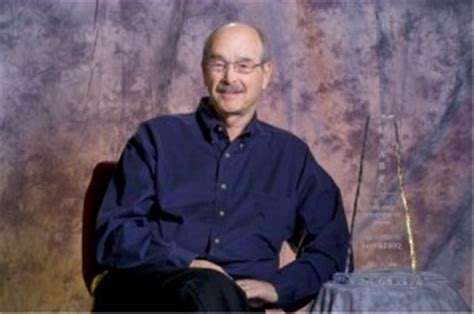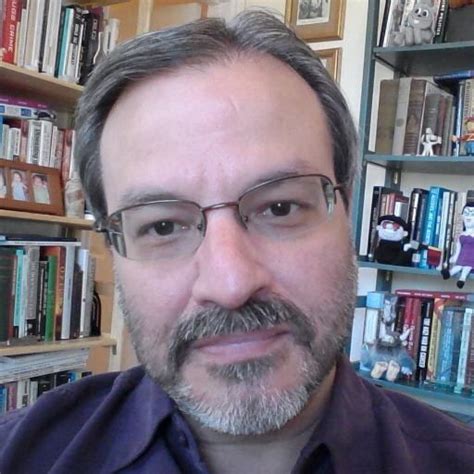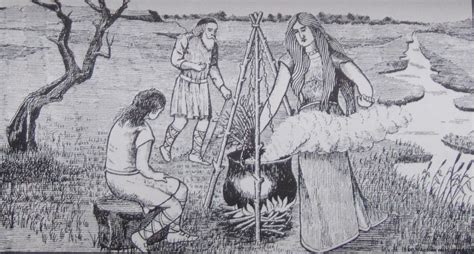A Quote by George Berkeley
Casting an eye on the education of children, from whence I can make a judgment of my own, I observe they are instructed in religious matters before they can reason about them, and consequently that all such instruction is nothing else but filling the tender mind of a child with prejudices.
Related Quotes
EDUCATION, n. The bringing up, as of a child; instruction; formation of manners. Education comprehends all that series of instruction and discipline which is intended to enlighten the understanding, correct the temper, and form the manners and habits of youth, and fit them for usefulness in their future stations. To give children a good education in manners, arts and science, is important; to give them a religious education is indispensable; and an immense responsibility rests on parents and guardians who neglect these duties.
Every principle is a judgment, every judgment the outcome of experience, and experience is only acquired by the exercise of the senses; whence it follows that religious principles bear upon nothing whatever and are not in the slightest innate. Ignorance and fear, you will repeat to them, ignorance and fear - those are the twin bases of every religion.
We are deceived if we think that mind and judgment are two different matters: judgment is but the extent of the light of the mind. This light penetrates to the bottom of matters; it remarks all that can be remarked, and perceives what appears imperceptible. Therefore we must agree that it is the extent of the light in the mind that produces all the effects which we attribute to judgment.
If you can observe your own experience with a minimum of interference, and if you don't try to control what you experience, if you simply allow things to happen and you observe them, then you will be able to discover things about yourself that you did not know before. You can discover little pieces of the inner structures of your mind, the very things that make you who you are.
Instead of casting away all our old prejudices, we cherish them to a very considerable degree, and, to take more shame to ourselves, we cherish them because they are prejudices; and the longer they have lasted and the more generally they have prevailed, the more we cherish them. We are afraid to put men to live and trade each on his own private stock of reason; because we suspect that this stock in each man is small, and that the individuals would do better to avail themselves of the general bank and capital of nations and of ages.
If the fact that people make poor decisions is reason enough for the government to second-guess their decisions about dangerous activities such as smoking cigarettes and riding motorcycles, why on earth should the government let people make their own choices when it comes to such consequential matters as where to live, how much education to get, whom to marry, whether to have children, which job to take, or what religion to practice?
A child is a child in any country, whatever the politics. Let's get down to basics. That's what a child forces you to do. Nothing else much matters, there is no complicated diplomacy, when a child is starving. It's simple. And we'd better do something about it. For our sakes, too. That is, if we want to continue to call ourselves human.
Our great mistake in education is ... the worship of book-learning-the confusion of instruction and education. We strain the memory instead of cultivating the mind. ... We ought to follow exactly the opposite course with children-to give them a wholesome variety of mental food, and endeavour to cultivate their tastes, rather than to fill their minds with dry facts.
Each of us must come to care about everyone else's children. We must recognize that the welfare of our children and grandchildren is intimately linked to the welfare of all other people's children. After all, when one of our children needs lifesaving surgery, someone else's child will perform it. If one of our children is threatened or harmed by violence, someone else's child will be responsible for the violent act. The good life for our own children can be secured only if a good life is also secured for all other people's children.









































